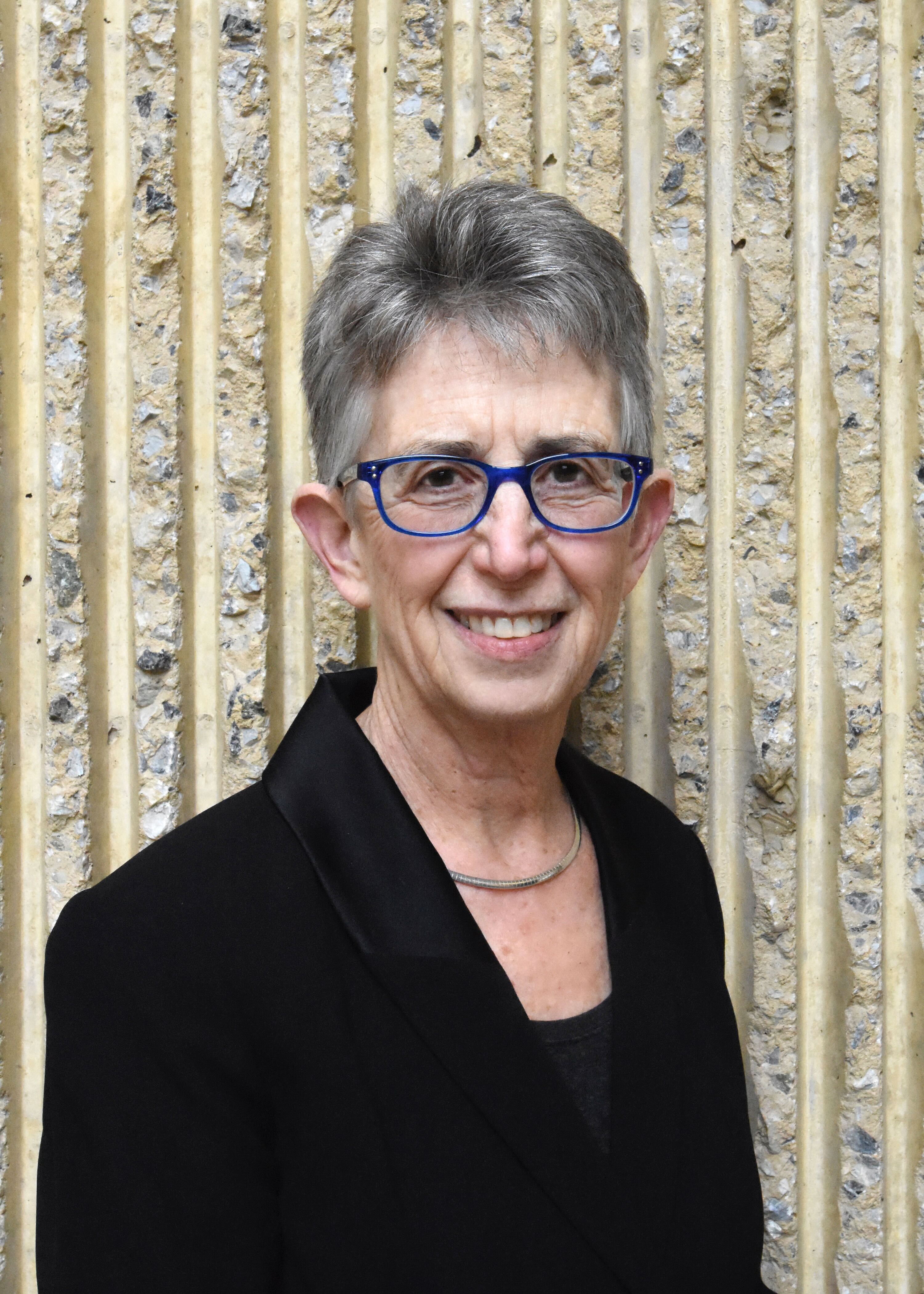One row down from the professional academic headshots of Estelle Freedman on Google Images, you’ll find a photo that encapsulates the historian’s true passions. In this picture, she beams at the camera, donning layers of jackets and a ‘pussyhat’ after her own participation in the Washington D.C. Women’s March.
Freedman, an American historian has been at Stanford since 1976. In her time here, Freedman has written on various gender and sexuality related topics, including lesbianism, prison reform, rape culture and maternal justice. She also co-founded the undergraduate Program in Feminist, Gender and Sexuality Studies (FGSS).
Almost half a century later (and several feminist movements later), Freedman is teaching her final class at Stanford, FEMGEN161: “The Politics of Sex.” This course aims to unpack “the transition from Victorian to modern American womanhood by asking how Native, European, African, Mexican, and Asian American women navigated the changing sexual, economic, and political landscapes of the twentieth century,” according to ExploreCourses.
Eva Jones ’25 decided to take the class after getting enticed by the name. “Then I heard Freedman was coming out of retirement to teach,” she wrote.
According to Jones, Freedman has created a “curious classroom” and teaches in a way that “holds everyone’s attention raptly.”
“After the first day, I was obsessed,” she wrote.
Last year, Freedman taught the introductory seminar FEMGEN 63N: The Feminist Critique, which, according to it’s ExploreCourses description, aimed to tackle the “long history of ideas about gender and equality.”
Karen Cho ’24, who decided to take the IntroSem to “deepen [her] understanding of various nuances of feminist thought that different thinkers advocated for,” had similar praises of the professor’s commitment to her classroom.
“She really wants to see her students grow and succeed as feminist thinkers, writers, and advocates,” Cho wrote.
Though the subjects of the classes she taught varied, both students noted the emphasis on intersectionality as one of their favorite parts of their experience.
In “The Feminist Critique,” Cho found herself excited by contextualizing feminist thought in larger social movements.
She was intrigued by the way the feminist thought interacted with other social movements. “Feminist thinkers never really pondered feminism alone,” she explained, “but rather in conversation with issues of racism and classism in their respective communities.”
Jane Belcaster ’24 has been working alongside Freedman to crowdfund, research and do social media outreach for Freedman’s current decade-long project, Singing for Justice, a documentary that tells the story of Faith Petric and how folk music shaped a century of activism.
From that role, Belcaster had the opportunity to become Freedman’s student assistant, helping her with research and other administrative tasks.
“It’s difficult to overstate how lucky and grateful I feel to have both studied under and been mentored by Professor Freedman,” Belcaster wrote about her experience. Belcaster says the professor has always made her feel heard at all times, perpetually practicing a level of care she described as profound.
Belcaster wants the Stanford community to continue to “use Professor Freedman’s lessons to continue inspiring new generations of campus activism.”
Like Cho and Jones, Freedman has left Belcaster focused on the importance of intersectionality.
“We must recognize that all social issues should be viewed through the intersections of personal experiences, of different identities, as Professor Freedman has shown in her work. Without intersectionality, our movements are weak,” she concluded.
Reflecting on her years at Stanford, Freedman recalled the initial difficulties of co-founding the FGSS program at Stanford. Women’s Studies was fairly new to the United States at the time — less than a decade old — and most research universities were skeptical of the field.
Many scholars in different humanities and social science departments began co-teaching and asking questions about feminist analysis together, and students began declaring individually designerd majors in Women’s Studies. Yet, amidst the rising popularity of the program, there still remained backlash.
“When we created a proposal for a program and took it to the appropriate committees, people were very skeptical, especially because we wanted to call it Feminist Studies,” Freedman said. “They felt it was a fad that would go away. They felt that it was too political.”
It took a decade for Stanford to finally make FGSS a degree-granting program. “There were people who said we will not support having the word ‘feminist’ on a Stanford degree,” Freedman recalled. “It took a changing of the guard, and for people to come along and realize that this is very serious scholarship.”
However, Professor Freedman is moved by the way FGSS has grown and expanded since the turn of the century.
Looking forward, Professor Freedman believes that the FGSS program will continue focusing on scholarship surrounding resistance. Given contemporary conflicts over gender and sexuality — such as conflicts surrounding abortion or contemporary transgender politics — she said we can’t assume that rights that have been achieved in the last 50 years are necessarily secure.
“We think that there’s been this narrative of acceptance, and you realize that there’s so many challenges happening in terms of American politics that make it look very different,” Freedman said.
Above all, Freedman hopes to inspire her students to think towards change.
“Much as I would love them to learn the content and what happened historically, I want to provide students ways of thinking in the future,” she said. “I want the examples to create a framework for thinking about change over time, about the historical contexts that make change possible.”
